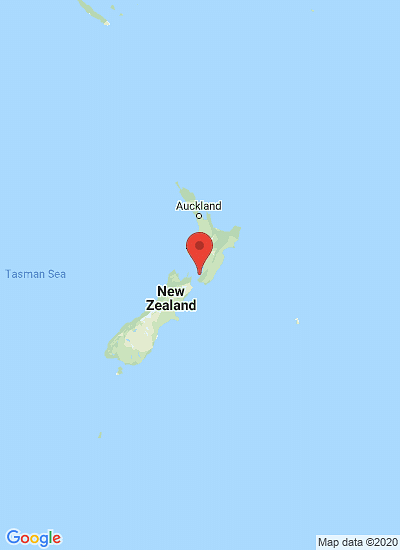Potatoes New Zealand request Emergency Measures to ban EU imports
Potatoes NZ request Emergency Measures to ban EU imports

Potatoes New Zealand is asking the New Zealand government to give urgent consideration to imposing short-term measures limiting the importation into New Zealand of heavily discounted frozen potato chips to avoid a food security threat. New Zealand potato growers supply approximately 85% of the domestic market. A large proportion of potato chips (fries) are consumed in the hospitality business, itself a vast industry that employs large numbers of people across the country.
These venues have been closed for 2 months during Covid-19 Level 3 & 4 restrictions and even at Level 2, we are seeing partial openings and some smaller businesses (up to 25%) will close permanently. This has flattened the sales for NZ processed potatoes and fresh potatoes.
Globally, the disruption of supply chains, and particularly sales to hospitality, by virtue of COVID-19 restrictions have led to the complete collapse of potato prices in major production centers, in particular the European Union (EU).
This will shortly lead to extraordinary price reductions in frozen potato chips from the EU. It’s expected that a similar collapse will be seen in other parts of the northern hemisphere, in particular in North America.

The EU currently has approximately 2.6 million tonnes of surplus frozen fries.
If urgent steps are not put in place to prevent it, New Zealand is likely to be swamped by imports of frozen potato chips at those extraordinary prices.
That, together with the existing impact of the current pandemic will, in turn, cause the New Zealand potato-growing and potato-processing industries to suffer severe and prolonged damage.
This may lead to potato growers planting alternate crops and in turn lead to a shortage of New Zealand grown potatoes, which given New Zealand’s reliance on potatoes as a source of food, will represent a serious risk to food security.
As an example of intervention in an individual European country, the Dutch Government is formulating a funding program earmarking €50 million to support potato growers who are confronted with a surplus of potatoes due to the decline in demand.
Growers with a surplus will be able to offer these to a scheme which will then absorb the potatoes and pay the growers approx. €50 – €60 per tonne. Without that intervention, the open market price would've likely been no more than €10 per tonne, as opposed to the usual price of €150 per tonne.
In the meantime, New Zealand producers of frozen potato chips have built significant stock levels and are already dealing with an oversupply of raw potatoes. As a result contracts with farmers for future potato production will be for reduced volumes, at lower prices.
Local processors may also have to make decisions around temporary closure of production facilities to deal with those increasing stock levels, with vastly reduced demand.
The range of remedial action they will be considering will include shift reductions, temporary plant closures, and potentially significant redundancies.








